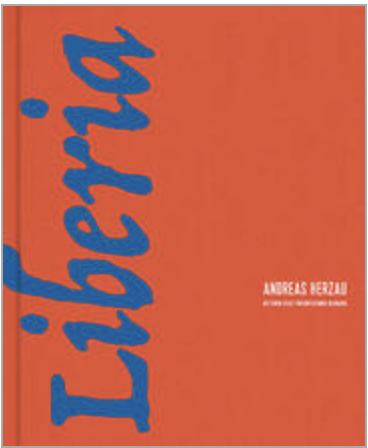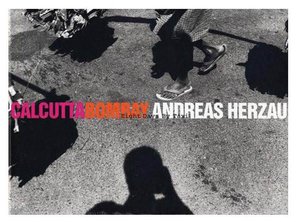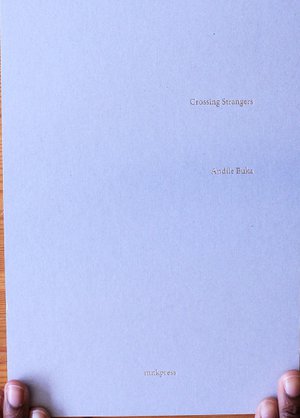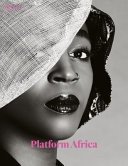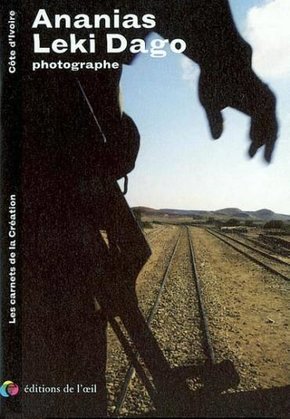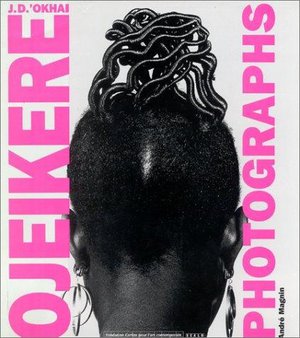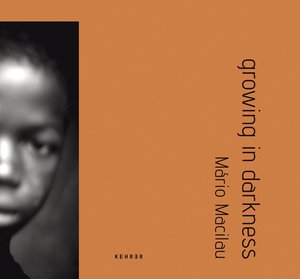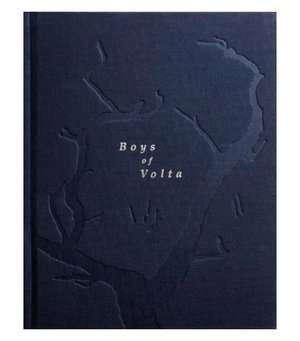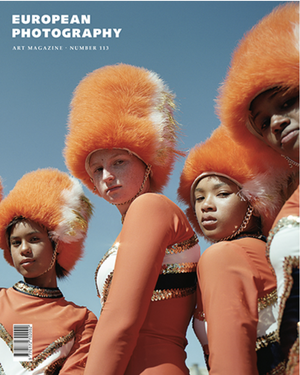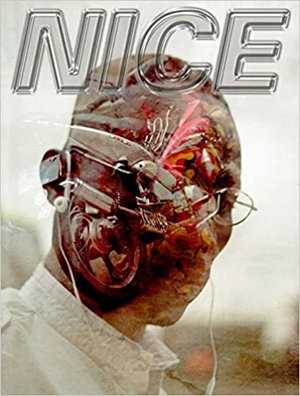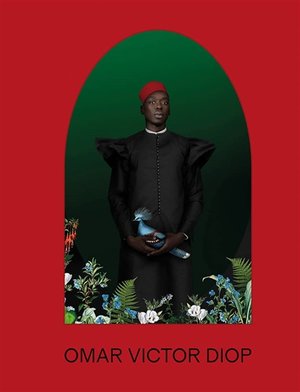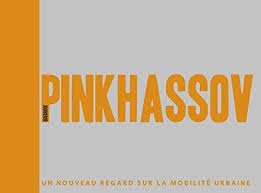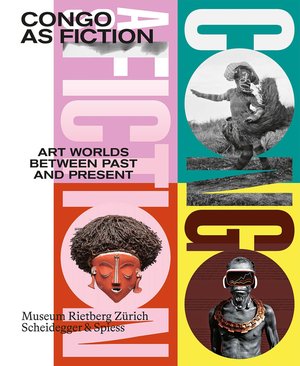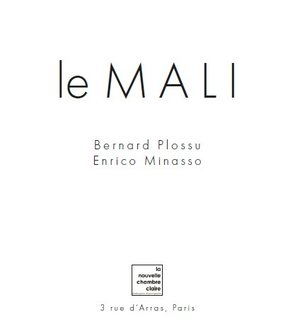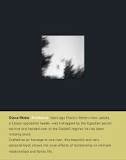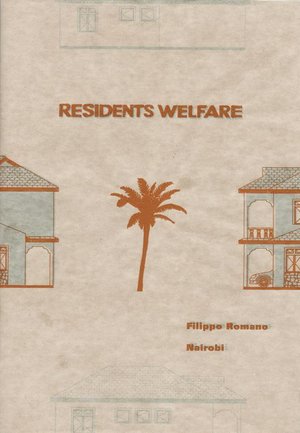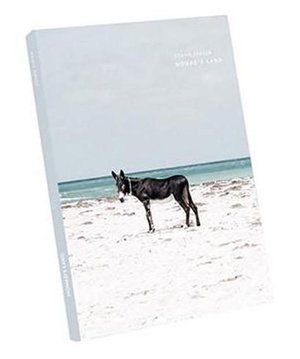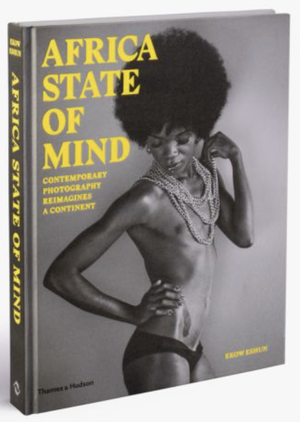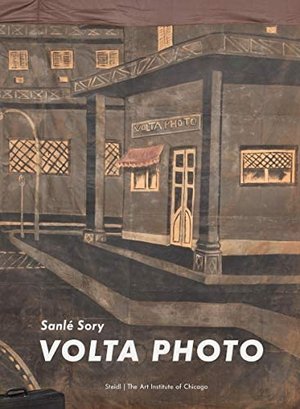Publisher Note
During the civil war in the 1990s, Liberia was synonymous with the courtyard of hell. Reports of the atrocities committed by the War Lords and their militias went around the world. Andreas Herzau experienced and documented the civil war and the refugee movements on the spot as a reporter. When an amazing process of reappraisal and democratization began in Liberia in 2005/06, he visited the country again, but soon found that these events attracted far less interest in the western world than the "negative sensations". It became clear to him how much the European image of Africa is shaped by the focus on wars and crises. When the situation in one of the countries changed for the better, nobody reported about it anymore. What remains, are only the images and news of atrocities, chaos, hunger and victims. In doing so, Herzau realized that this «deformation profesional» also defined his view. He then decided to risk an experiment and look at the country under different circumstances. He wanted to find out for himself whether he would be able to travel Liberia with an interest in the positive and find an optical language for it. This book is literally an essay to counteract the cementing effect of one-sided reports on victims and to escape the stereotype of the European image of Africa. Inspiration for this was also a text by the Kenyan author Binyavanga Wainaina, which precedes the volume in German and English. that this «deformation professional» also determined his view. He then decided to risk an experiment and look at the country under different circumstances. He wanted to find out for himself whether he would be able to travel Liberia with an interest in the positive and find an optical language for it. This book is literally an essay to counteract the cementing effect of one-sided reports on victims and to escape the stereotype of the European image of Africa. Inspiration for this was also a text by the Kenyan author Binyavanga Wainaina, which precedes the volume in German and English. that this «deformation professional» also determined his view. He then decided to risk an experiment and look at the country under different circumstances. He wanted to find out for himself whether he would be able to travel Liberia with an interest in the positive and find an optical language for it. This book is literally an essay to counteract the cementing effect of one-sided reports on victims and to escape the stereotype of the European image of Africa. Inspiration for this was also a text by the Kenyan author Binyavanga Wainaina, which precedes the volume in German and English. whether he would succeed in traveling Liberia with an interest in the positive and finding an optical language for it. This book is literally an essay to counteract the cementing effect of one-sided reports on victims and to escape the stereotype of the European image of Africa. Inspiration for this was also a text by the Kenyan author Binyavanga Wainaina, which precedes the volume in German and English. whether he would succeed in traveling Liberia with an interest in the positive and finding an optical language for it. This book is literally an essay to counteract the cementing effect of one-sided reports on victims and to escape the stereotype of the European image of Africa. Inspiration for this was also a text by the Kenyan author Binyavanga Wainaina, which precedes the volume in German and English.
| Publisher | |
|---|---|
| Release Place | Wädenswill, Switzerland |
| Edition | 1st edition |
| Release Date | 2021 |
| Credits |
Writer:
Artist:
|
| Identifiers |
ISBN-13:
978-3-03850-079-7
|
| Work | |
|---|---|
| Subform | Photobook |
| Topics | Africa, Innovation, Liberia |
| Methods | Photography |
| Language | English, German |
| Object | |
|---|---|
| Format | Softcover cloth-bound |
| Dimensions | 21.0 × 25.0 cm |
| Interior | |
|---|---|
| Pages | 124 |
